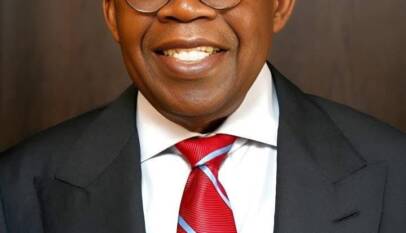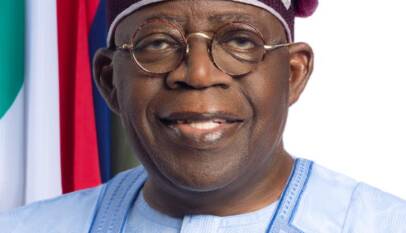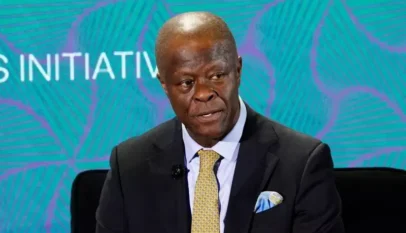Photo: Minister of Finance Wale Edun
By Douglas Maha, Abuja
Nigeria’s public debt is set to fall below 40% of gross domestic product for the first time in more than a decade, the World Bank said on Wednesday, citing stronger growth, fiscal discipline and reforms.
In its October Nigeria Development Update, the bank forecast GDP growth of 4.2% this year, rising modestly to 4.4% in 2027, supported by services, agriculture and non-oil industries. The economy grew 3.9% year-on-year in the first half of 2025, compared with 3.5% a year earlier.
The report said foreign reserves have risen above $42 billion and the current account surplus widened to 6.1% of GDP, helped by higher non-oil exports and lower oil imports. The fiscal deficit is projected at 2.6% of GDP in 2025, broadly unchanged from 2024, while public debt will decline from 42.9% to 39.8% of GDP.
“Inflation is expected to gradually ease but remain elevated, requiring sustained monetary discipline and structural reforms to tackle food prices—the biggest tax on the poor,” said Samer Matta, World Bank senior economist for Nigeria.
World Bank country director Mathew Verghis said reforms were starting to yield results but warned that macroeconomic stability alone was not enough. “The true measure of success will be how these reforms improve the daily lives of Nigerians—especially the poor and vulnerable,” he said.
The report flagged food inflation as a key concern, noting that poor households spend up to 70% of their income on food, with the cost of a basic basket rising fivefold between 2019 and 2024.
In May, the bank projected Nigeria’s inflation would average 22.1% in 2025 as tighter monetary policy anchors expectations and restores confidence.
The Nigeria Development Update is one of the World Bank’s flagship reports on the country, providing regular assessments of economic performance, reforms and risks.






























